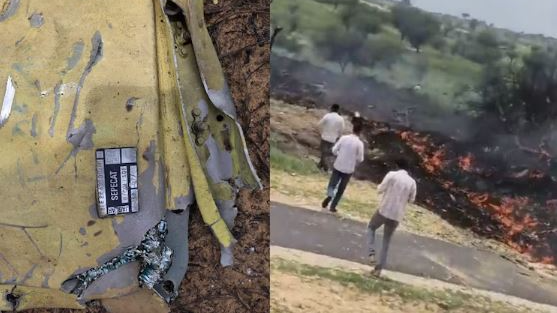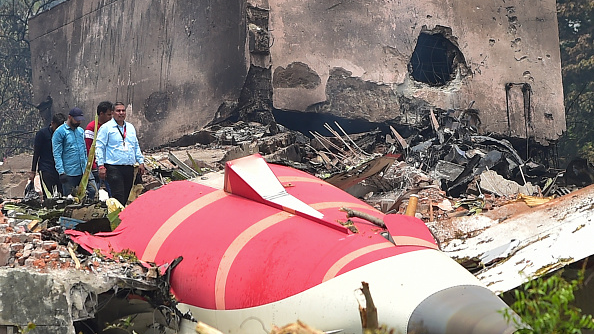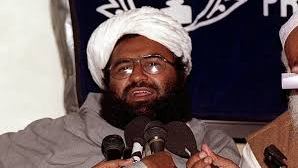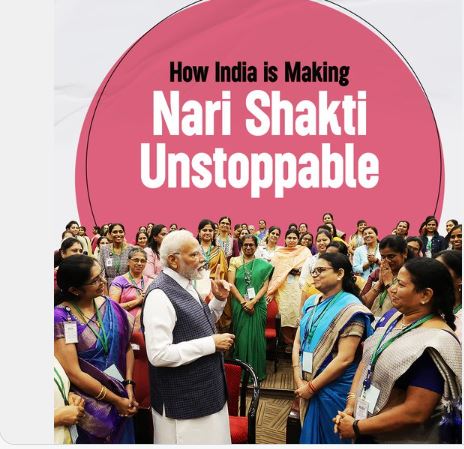Af-Pak boundary dispute, ominous portents for both

By Arun Joshi Growing tensions between Pakistan and Afghanistan on their border, due to Pakistan’s insistence to fence the Durand line to stop the unwanted flow of men and material from its western neighbour, threatens to blow up in a big conflict. These are signs of its flaring up as the two sides are determined on their standpoints. Afghanistan under Taliban rule, which was energetically and militarily facilitated by Pakistan, effected no change in their respective positions which at times turned deadly. Several Pakistani soldiers have lost their life while erecting the fence at the hands of the Taliban soldiers. Afghans have vowed not to allow Pakistan to raise the fence. In fact, it has uprooted the fence at various spots along the 2600- Km- long border, also known as Durand line, marked out by British diplomat Sir Mortimer Durand in 1983, but the tribesmen, on both sides, have never accepted this arbitrarily drawn dividing line. This can pose a serious challenge to the stability of the region, which, in any case, is quite fragile at the moment. Any direct or indirect conflict between Pakistan and Afghanistan on border will create unstable conditions, the outcome of which will affect the neighbhourhood and also make the world to view the region differently , shifting its goals from helping Afghanistan to overcome the humanitarian crisis with which it is afflicted with, and watch Pakistan’s actions more closely. This bears ominous portents for the whole of the region. Why should Taliban, which owes its victory in Afghanistan, and its advocacy for recognition by the international community, to Pakistan, oppose its “ friendly “ country on the issue of the fence on border? The feeling, which prevailed during the previous regimes in Afghanistan that Pakistan is trying to grab its territory and create fissures within the tribesmen on the two sides, has not dissipated even after August 2021, when Taliban seized power in Afghanistan. The Afghans treat it as a matter of their territorial sovereignty as also inseparable kinship among the tribes. The tribesmen have very close familial ties. Pashtuns are very particular about their identity, which they see, in the geography, in which boundaries have no meaning. The kinship transcends geographical borders. Pakistan’s urgency in completing the fencing along the border is understandable. It is a porous border where tribesmen can cross to each other’s side without much difficulty. they don’t want to lose that access. Pakistan might have created Taliban , but the Afghans are loyal to their land and the tribes, which they don’t allow anyone to disrupt. The Taliban in Afghanistan is deeply conscious of the fact that Pakistan wanted to use them to their advantage. For Pakistan, it is imperative to stall the flow of the terrorists of the Tehreek-e-Taliban, Pakistan, TTP, to its side. The TTP draws its strength from the bases in the borderlands, and the group has vowed to topple the existing system in Pakistan and replace it with pure Islamic rule. That is one reason. Pakistan is equally petrified at the portents of the influx of refugees from across the border. The near-catastrophic situation in Afghanistan is another worry for Pakistan. Its spillover effect is bound to impact Islamabad and its policies. Pakistan’s economy is in a bad shape. It is a mild statement. Pakistan has presented minibudget in its Parliament, which is an economic document of surrender to the wishes of International Monetary Fund, Saudi Arabia and China. It has already burdened the common people with taxes beyond their paying capacity . Pakistan is tottering – caught between ever increasing economic devastation and the growing extremism, radicalism and terrorism .. It cannot afford to have refugees from Afghanistan, because it cannot arrange for their food and shelter. A high-grade urge in Pakistan to play proxy to the superpowers, more so since late 1970s, when Soviets invaded Afghanistan. The American-Saudi Petro dollars made it to arrange the militia to launch military campaign to defend Afghanistan from the invaders Lot of money and arms, ammunitions were dumped in Pakistan, and it was assigned the task to create force of “ mujahadeen” or holy warriors to defeat Russians. America was playing its Cold War game against the Soviets , while Pakistan was playing to the tune of Washington for aid. The Mujahadeen would cross one side to the other without any problems. Rather they were encouraged by Pakistani establishment. And, it is also a matter of record that when America invaded Afghanistan in retaliation to 9/11 terror assault that shook the superpower, Taliban moved back and forth through this borderline. It had set up its bases on Pakistani side of the border. Pakistan hosted them and often facilitated their movement on the two sides of what it perceives as border.. Now it is paying a heavy price for what all it did in the last four decades. Rising tensions can create a perennial conflict on the border. That is almost inevitable because no one, not even Chinese , will intervene to help Pakistan . No nation sacrifices its soldiers for other nations. China is unhappy with Pakistan for its abject failure in preventing attacks on its men and strategic assets linked to China-Pakistan Economic Corridor. Pakistan will have to live with this border crisis and any bid to change the status of the border is fraught with collateral consequences. About the Author: Arun Joshi is a senior journalist based in J&K. He has worked with Hindustan Times, Times of India, Indian Express, and The Tribune. He has authored “ Eyewitness Kashmir: Teetering on Nuclear War” and three other books. DISCLAIMER This is the personal opinion of the author. The views expressed in this write up have nothing to do with those of prameyanews.com
Latest News

Man drowns while bathing in Budhabalanga River...

Excise department foils ganja smuggling attemp...

IAF’s Jaguar trainer aircraft crashes in Rajas...

Odisha: One dead, another injured as Bengal ML...

Ganjam Chief Supply Officer caught with ₹3 Lak...

Air India Tragedy: Investigators Zero in on Co...

Masood Azhar's Voice Emerges from Pakistan wit...
Copyright © 2024 - Summa Real Media Private Limited. All Rights Reserved.






















